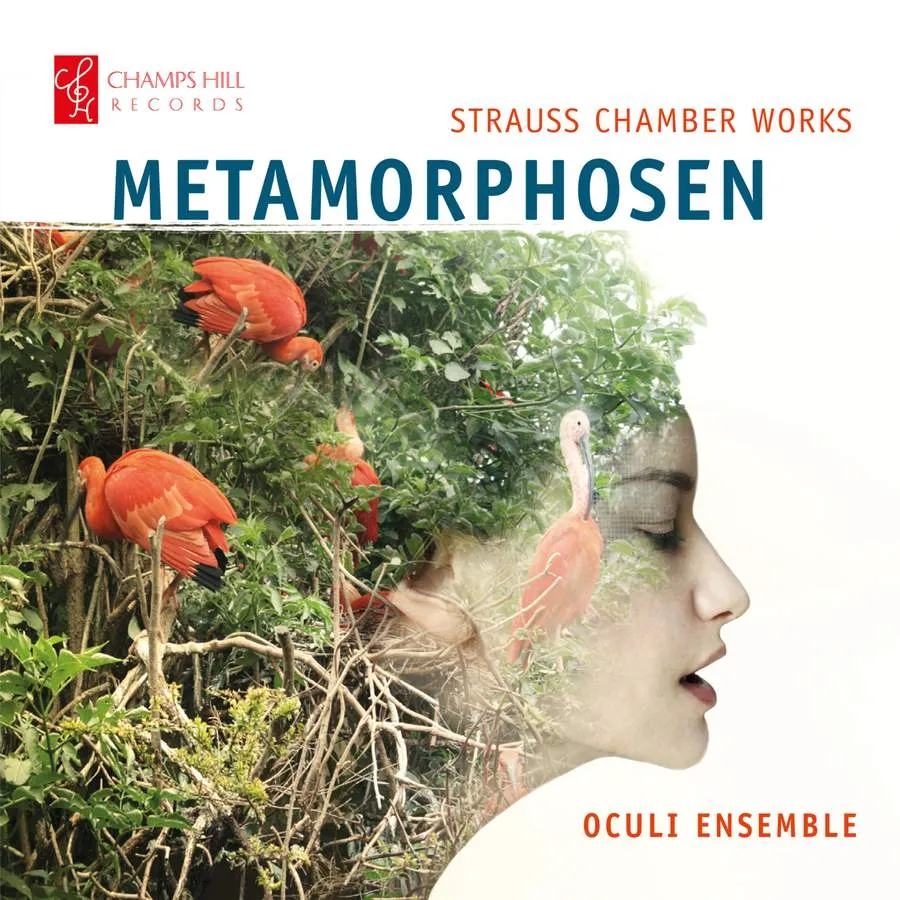
R Strauss Metamorphosen (arr. Leopold); Capriccio Prelude; Quartettsatz in E flat; String Quartet in A, Op. 2; Ständchen; Festmarsch for Piano Quartet; Two Pieces for Piano Quartet, Op. 13 Oculi Ensemble Champs Hill CHRCD 155 85:14 mins
There are quite a few chamber music recordings featuring Strauss’s opening Sextet to his last opera, Capriccio, and the septet version of his lament for the ruin of war, Metamorphosen. What comes in between is often of varying interest – the ransacking of the composer’s juvenilia usually isn’t thrilling. This wonderful interpretation of the 16-year-old’s String Quartet of 1880 absolutely is. Ask friends to guess the composer – the opening must be Haydn, surely? The finale Mozart-plus? The middle movements Mendelssohn, with an element of his fairy-scherzos coming second? Young Richard, then still under the sway of his conservative, horn-playing father, hadn’t discovered Brahms, Wagner or his own true voice. But vitality abounds, and it’s interesting how each movement begins piano or pianissimo. The first-movement development is shadowy, the parallel in the finale robust, almost blustering. The Oculi players’ fastidiousness with dynamics and tonal range held me throughout.
What follows, with the addition of pianist James Baillieu, makes a pleasant but foursquare intermezzo, until we come to the short but gritty ‘Arabian Dance’ based on original melodies, presumably derived from his Egyptian journey in the early 1890s, and its attractive companion piece. Singing tonal nuance and dynamic variety distinguish the two 1940s masterpieces, and it’s amazing how many more than seven strings seem to be playing in the Metamorphosen climaxes. The final retreat into introspection is properly moving. More bloom on the sound wouldn’t have gone amiss, especially piano-wise.
David Nice